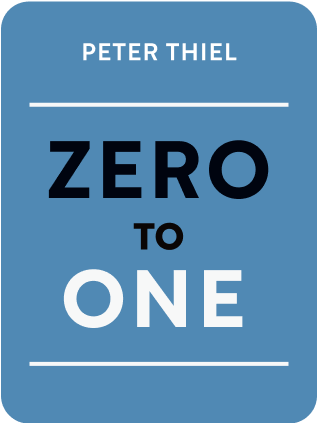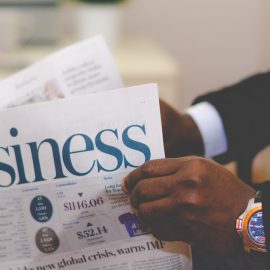

This article is an excerpt from the Shortform summary of "Zero To One" by Peter Thiel. Shortform has the world's best summaries of books you should be reading.
Like this article? Sign up for a free trial here .
Why are many successful entrepreneurs so eccentric? What difference does their out-of-the-box thinking make?
Eccentric tastes are a common trait of successful entrepreneurs, if not an outright essential one. To create something new and compelling, you need to think outside the box, and there’s a direct correlation between how well you think outside the box and how far outside the “box” of normal conventions your lifestyle and interests lie.
Keep reading for a discussion about unconventional leaders.
Unconventional Leaders in Business
Thiel notes that many influential founders of successful companies exhibited extreme and sometimes strange personality traits. He contemplates whether the traits of these unconventional leaders were innate, deliberately cultivated, or purely fabricated by the media and concludes that in most cases they were the result of a feedback loop: These people genuinely had some extreme traits, which they themselves and people who knew them tended to exaggerate, and the more their reputations grew, the more they tried to live up to them.
In any case, he argues that their uniqueness was important for building the company’s unique identity. As such, their eccentricity paradoxically made them both inspiring to their followers and frequently difficult to work with. Similarly, it made them outsiders to “normal” society, while simultaneously placing them in the inner circle of their company’s community.
To further illustrate his point, Thiel presents several examples of eccentric founders:
- Howard Hughes, who died in 1976, was known during his era as one of the richest people in the world. He produced nine successful Hollywood films and designed and built aircraft that set multiple speed records. Later, he became known for eccentric behavior and a reclusive lifestyle, driven by obsessive-compulsive disorder.
- Richard Branson won media attention and built his brand through various eccentricities—for instance, serving airline passengers drinks with ice cubes shaped like his head.
- Four of Thiel’s co-founders at PayPal experimented with explosive devices in their youth.
- Sean Parker, the founding president of first Napster and then Facebook, was arrested by the FBI as a teenager on charges of hacking. He got into legal trouble again with Napster, which was shut down by the courts. He had to leave Facebook after allegations of drug use, but he garnered admiration after Justin Timberlake’s portrayal of him in the movie The Social Network.
- Steve Jobs, Apple’s co-founder, was forced to leave the company in 1985 because of his eccentric personality: He refused to wear shoes, took exception to normal standards of hygiene, and ate a diet consisting entirely of apples. But after more than a decade away, he returned to Apple and transformed it from a struggling tech company into the most valuable company in the world by introducing the iPod, iPhone, and iPad.

———End of Preview———
Like what you just read? Read the rest of the world's best summary of Peter Thiel's "Zero To One" at Shortform .
Here's what you'll find in our full Zero To One summary :
- Why some companies genuinely move the world forward when most don't
- How to build a company that becomes a monopoly (and why monopolies aren't bad)
- Silicon Valley secrets to selling products and building rockstar teams






